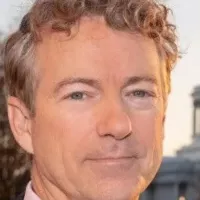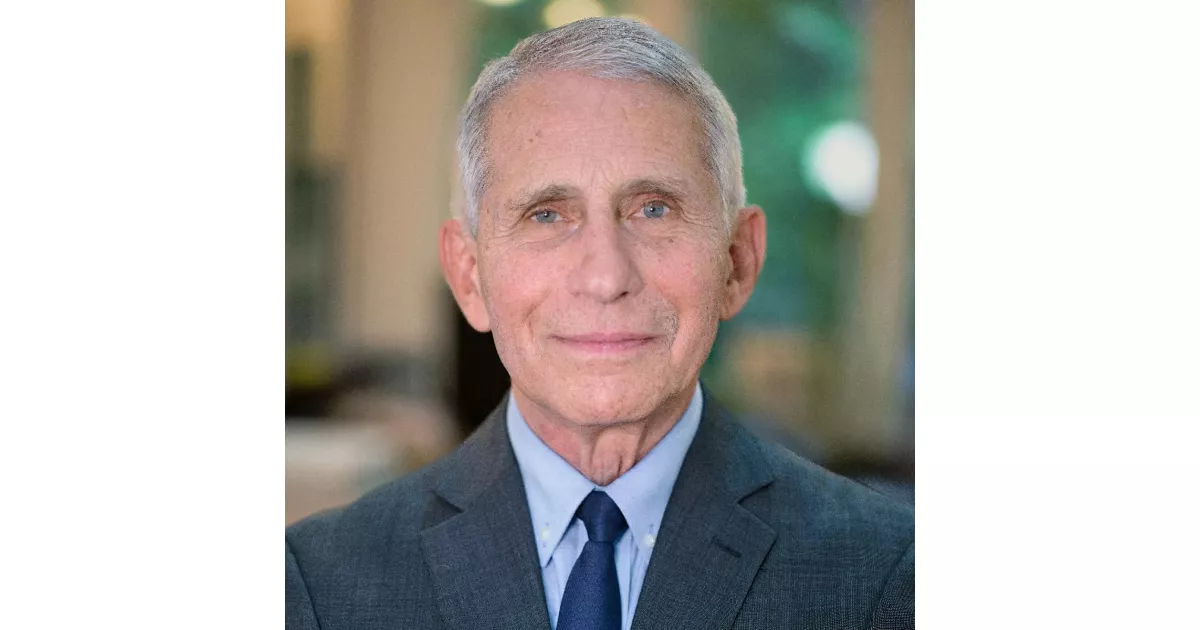A closer look at the defining struggles that shaped Anthony Fauci's life and career.
Anthony Stephen Fauci is a prominent American physician-scientist and immunologist. He directed the National Institute of Allergy and Infectious Diseases (NIAID) from 1984 to 2022 and served as chief medical advisor to the president from 2021 to 2022. He is renowned as one of the most cited scientists globally (1983-2002). Fauci received the Presidential Medal of Freedom in 2008 for his significant contributions, notably his work on the AIDS relief program, PEPFAR. His career has been dedicated to researching and combating infectious diseases, making him a key figure in public health.
October 1988: Protests at NIAID
In October 1988, protesters came to the National Institute of Allergy and Infectious Diseases, and Anthony Fauci bore the brunt of the anger from the LGBTQ+ community.
June 2020: Release of Fauci's Emails
In early June 2021, over 3,000 internal government emails sent by Fauci from January to June 2020 were obtained by media outlets through Freedom of Information Act (FOIA) requests, providing insight into the early COVID-19 response.
September 23, 2020: Fauci Defends COVID-19 Mitigation Recommendations
On September 23, 2020, during a Senate hearing, Dr. Fauci defended the CDC's COVID-19 mitigation recommendations, including social distancing and mask-wearing, against Senator Rand Paul's questioning, citing that the recommendations remained valid.
October 2020: Fauci objects to Trump campaign ad
In October 2020, Fauci objected to the Trump campaign using his words in an advertisement, stating that his words were taken out of context and he had never made a political endorsement. He clarified that he was referring to how hard the Coronavirus Task Force was working.
October 18, 2020: Fauci Comments on Trump's COVID-19 Diagnosis
On October 18, 2020, Dr. Fauci mentioned that he "wasn't surprised" that Donald Trump contracted COVID-19. This occurred amidst ongoing discussions about the administration's handling of the pandemic.
November 2, 2020: Trump hints at firing Fauci
On November 2, 2020, during a rally, President Trump insinuated he would fire Fauci after the election, amidst chants from the audience to "Fire Fauci!", while falsely claiming the pandemic was "rounding the turn".
2020: Criticism and Death Threats
In 2020, Anthony Fauci was criticized by right-wing pundits and received death threats, necessitating a security detail; his family members were also harassed.
January 3, 2021: Fauci Responds to Trump's Claim of Exaggerated COVID-19 Deaths
On January 3, 2021, Dr. Fauci refuted President Trump's claim that COVID-19 deaths were exaggerated, affirming the reality of over 300,000 deaths in the US and highlighting the severity witnessed in hospitals.
January 23, 2021: Fauci Discusses Challenges During Trump Administration
On January 23, 2021, Fauci stated that during the Trump administration, "letting the science speak" caused him "trouble" and "push-back", and that he was blocked from appearing on The Rachel Maddow Show.
April 2021: Fauci Describes Race Between Vaccinations and COVID-19 Surge
In early April 2021, Fauci described the situation in the United States as "almost a race between getting people vaccinated and this surge that seems to want to increase".
May 2021: Fauci Denies NIH Support for Gain-of-Function Research
In May 2021, Dr. Fauci denied that the National Institutes of Health supported "gain-of-function research" at the Wuhan Institute of Virology, amidst ongoing scrutiny of the virus's origins.
June 2021: Release of Fauci's Emails
In early June 2021, over 3,000 internal government emails sent by Fauci from January to June 2020 were obtained by media outlets through Freedom of Information Act (FOIA) requests, providing insight into the early COVID-19 response.
June 22, 2021: Fauci Calls Delta Variant "Greatest Threat"
On June 22, 2021, Dr. Fauci identified the SARS-CoV-2 Delta variant as the "greatest threat" to eliminating COVID-19 in the United States, highlighting its potential to impede progress.
November 2021: Release of "The Real Anthony Fauci" Book
In November 2021, Skyhorse released a book by anti-vaccine activist Robert F. Kennedy Jr. titled The Real Anthony Fauci: Bill Gates, Big Pharma, and the Global War on Democracy and Public Health. In response, Fauci described the author as "a very disturbed individual".
2021: Fauci comments on Capitol attack
In 2021, Fauci stated the United States Capitol attack was a potential COVID-19 superspreader event due to the lack of adherence to public health measures like mask-wearing and social distancing.
Mentioned in this timeline

Bill Gates an American businessman and philanthropist revolutionized personal computing...

Donald John Trump is an American politician media personality and...

George W Bush the rd U S President - is...

Joe Biden is an American politician who served as the...

Rand Paul is an American politician and ophthalmologist He has...

The White House located at Pennsylvania Avenue NW in Washington...
Trending

3 minutes ago Padma Lakshmi shines in 'America's Culinary Cup' amidst 'Top Chef' departure.

4 minutes ago Tennis star Aryna Sabalenka announces engagement to Georgios Frangulis before Indian Wells tournament.
4 minutes ago Turkey: NATO intercepts Iranian missile over Mediterranean, escalating regional tensions and highlighting defense capabilities.

4 minutes ago NJ Transit Commuters Face Disruptions as Portal Bridge Repairs and Cutover Progress
5 minutes ago Strategy Adds 3,015 BTC as Bitcoin Holds Steady; Doubles Down on Crypto
1 hour ago Western Governments Rush to Repatriate Stranded Travelers Amid Middle East Conflict
Popular

Hillary Diane Rodham Clinton is a prominent American politician lawyer...

Ken Paxton is an American politician and lawyer serving as...

Jesse Jackson is an American civil rights activist politician and...

Jim Carrey is a Canadian-American actor and comedian celebrated for...

Bill Clinton served as the nd U S President from...

XXXTentacion born Jahseh Dwayne Ricardo Onfroy was a controversial yet...
